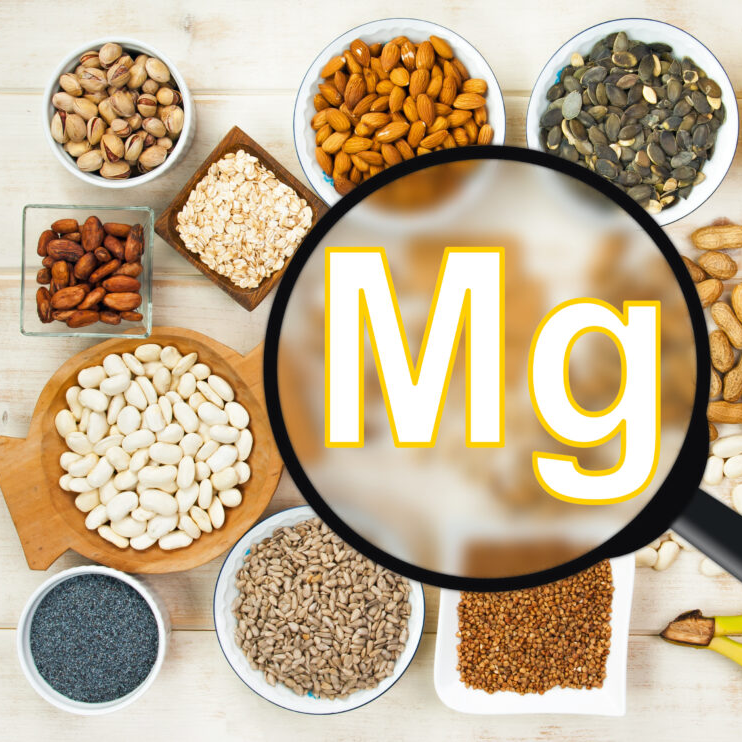Magnesium is an essential mineral that plays a crucial role in maintaining your overall health and well-being. Despite its significance, many people may not be aware of the vital functions magnesium performs in the body. In this blog, we will explore the importance of magnesium, its sources, benefits, and how to ensure you're getting enough of this essential nutrient.
The Importance of Magnesium:
Magnesium is involved in over 300 biochemical reactions in the body, making it an indispensable mineral for various bodily functions. It plays a key role in energy production, muscle and nerve function, bone health, and even supports a healthy immune system. Magnesium also contributes to maintaining stable blood pressure, regulating blood sugar levels, and promoting a steady heartbeat.
Sources of Magnesium:
You can obtain magnesium from a variety of dietary sources. Foods rich in magnesium include leafy green vegetables (such as spinach and kale), nuts and seeds, whole grains, legumes, and fish. Dark chocolate, bananas, and avocados are also good sources of magnesium. Incorporating these foods into your diet can help you meet your daily magnesium needs.
Health Benefits of Magnesium:
- Muscle and Nerve Function: Magnesium is essential for muscle contractions and relaxation, helping prevent cramps and promoting healthy nerve function.
- Bone Health: Magnesium works in synergy with other minerals, like calcium and vitamin D, to maintain strong and healthy bones.
- Heart Health: Adequate magnesium intake supports a regular heartbeat and helps maintain healthy blood pressure levels.
- Energy Production: Magnesium is a co-factor in the production of adenosine triphosphate (ATP), the body's primary energy source.
- Mood Regulation: Magnesium may contribute to the regulation of mood and has been associated with a lower risk of depression.
Ensuring Adequate Magnesium Intake:
To ensure you're getting enough magnesium, aim for a balanced diet that includes magnesium-rich foods. If you have specific dietary restrictions or concerns, you might consider magnesium supplements under the guidance of a healthcare professional. However, it's important not to exceed the recommended daily allowance, as excessive magnesium intake can lead to digestive issues.
Conclusion:
Magnesium is a mineral that should not be overlooked when it comes to maintaining optimal health. From supporting muscle function to promoting heart health and beyond, its role in various bodily functions is undeniable. By incorporating magnesium-rich foods into your diet and making mindful choices, you can harness the benefits of this essential nutrient and enjoy a healthier, more balanced lifestyle. Remember, a little magnesium can go a long way toward boosting your overall well-being.

